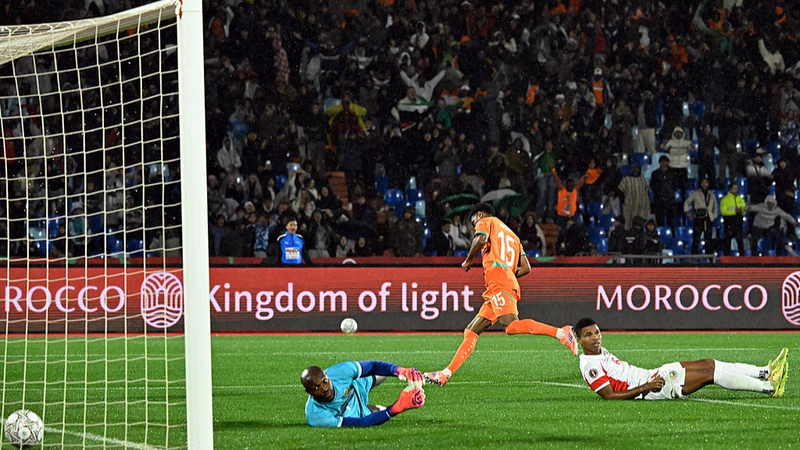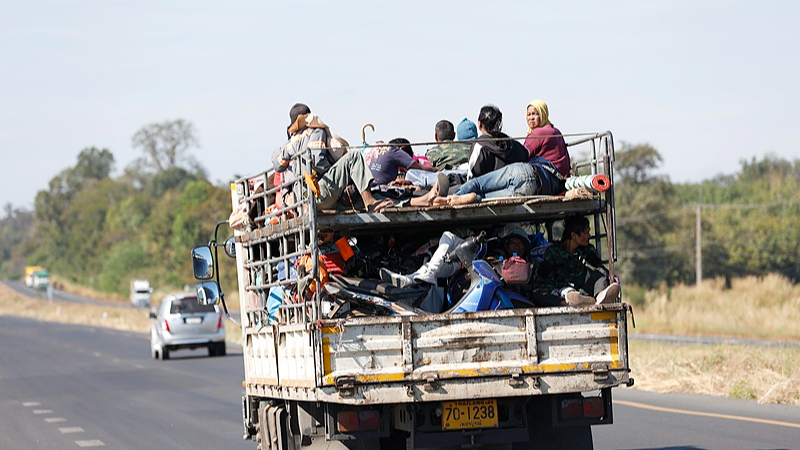When Israel and Iran clashed from June 13 to 24, 2025, global leaders spoke out—and their words formed a complex web. Fact Hunter collected and verified dozens of statements to map how rhetoric evolved during the 12-day war.
Building the Network Map
Using color-coded nodes and directional arrows, the network diagram links:
- Persons (yellow) and titles (light yellow)
- Countries (blue) and regions (dark green)
- Statements (light green), concepts (purple), organizations (red) and events (orange)
Arrows trace each statement's origin and target, clarifying who said what and to whom.
June 13–15: Mixed Signals and Early Alignments
In the opening days, Israel and Iran dominated the map as the main nodes. On June 13, leaders issued diverse reactions:
- French President Emmanuel Macron and British Prime Minister Keir Starmer voiced support for Israel's right to self-defense.
- German Chancellor Friedrich Merz and Swedish Prime Minister Ulf Kristersson warned against Iran's push toward nuclear capabilities.
- New Zealand’s Prime Minister Christopher Luxon struck a balance, calling for restraint on both sides.
That same day, Indian Prime Minister Narendra Modi received a phone call from Israeli Prime Minister Benjamin Netanyahu. India’s Ministry of External Affairs publicly urged de-escalation while highlighting friendly relations with Iran.
Rhetoric in Motion
By visualizing these early statements, the network map reveals shifting alliances and priorities. It highlights how leaders balanced support for self-defense, calls for restraint, and broader diplomatic ties in response to fast-moving events.
As the conflict progressed toward a ceasefire announcement by U.S. President Donald Trump on June 23, the evolving patterns offer a window into the global discourse that shaped calls for calm and ceasefire.
In our next report, Fact Hunter will trace the statement trajectories through day 12, charting how rhetoric and real-world developments intertwined toward peace talks.
Reference(s):
Network analysis of global leaders' statements on Israel-Iran conflict
cgtn.com



